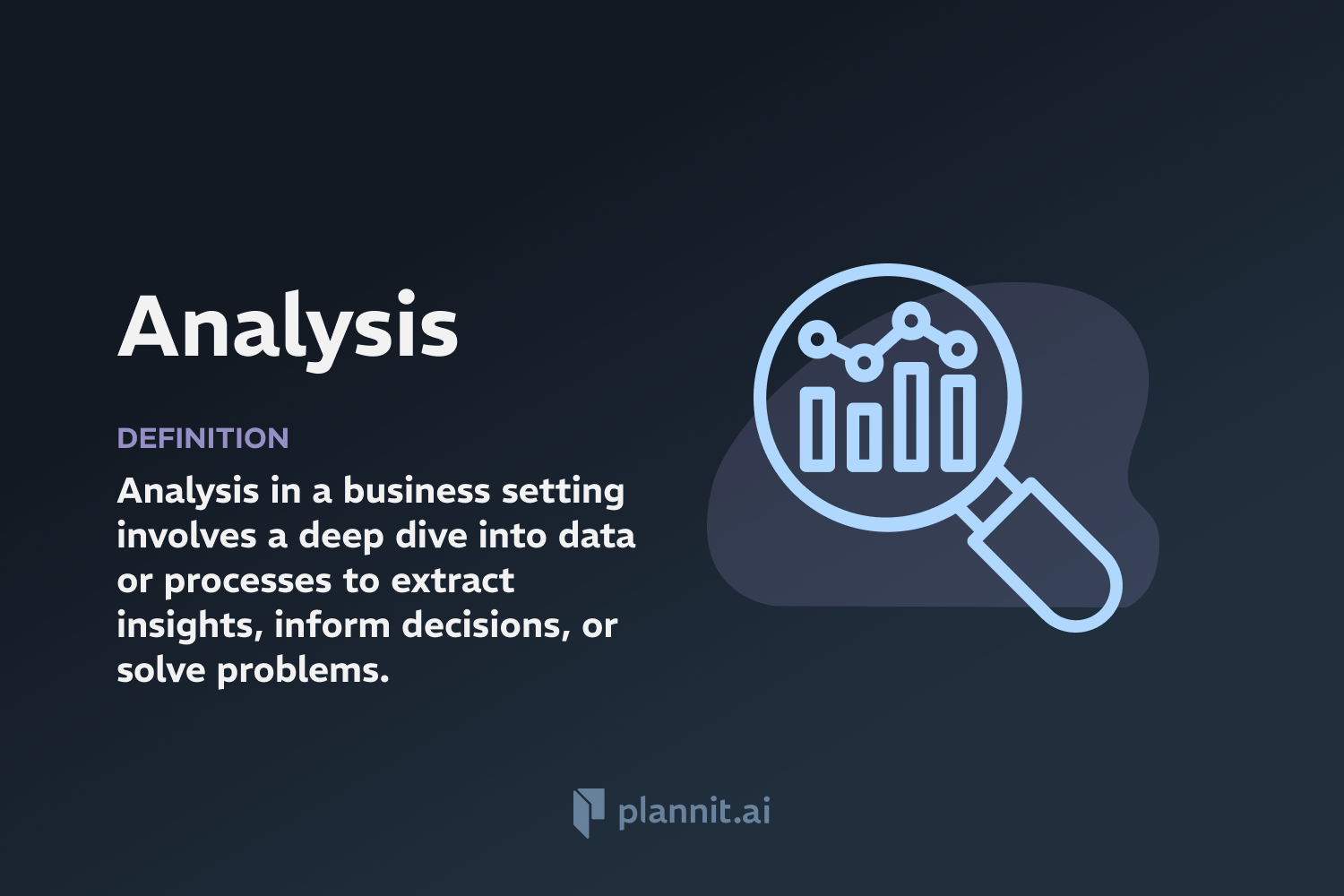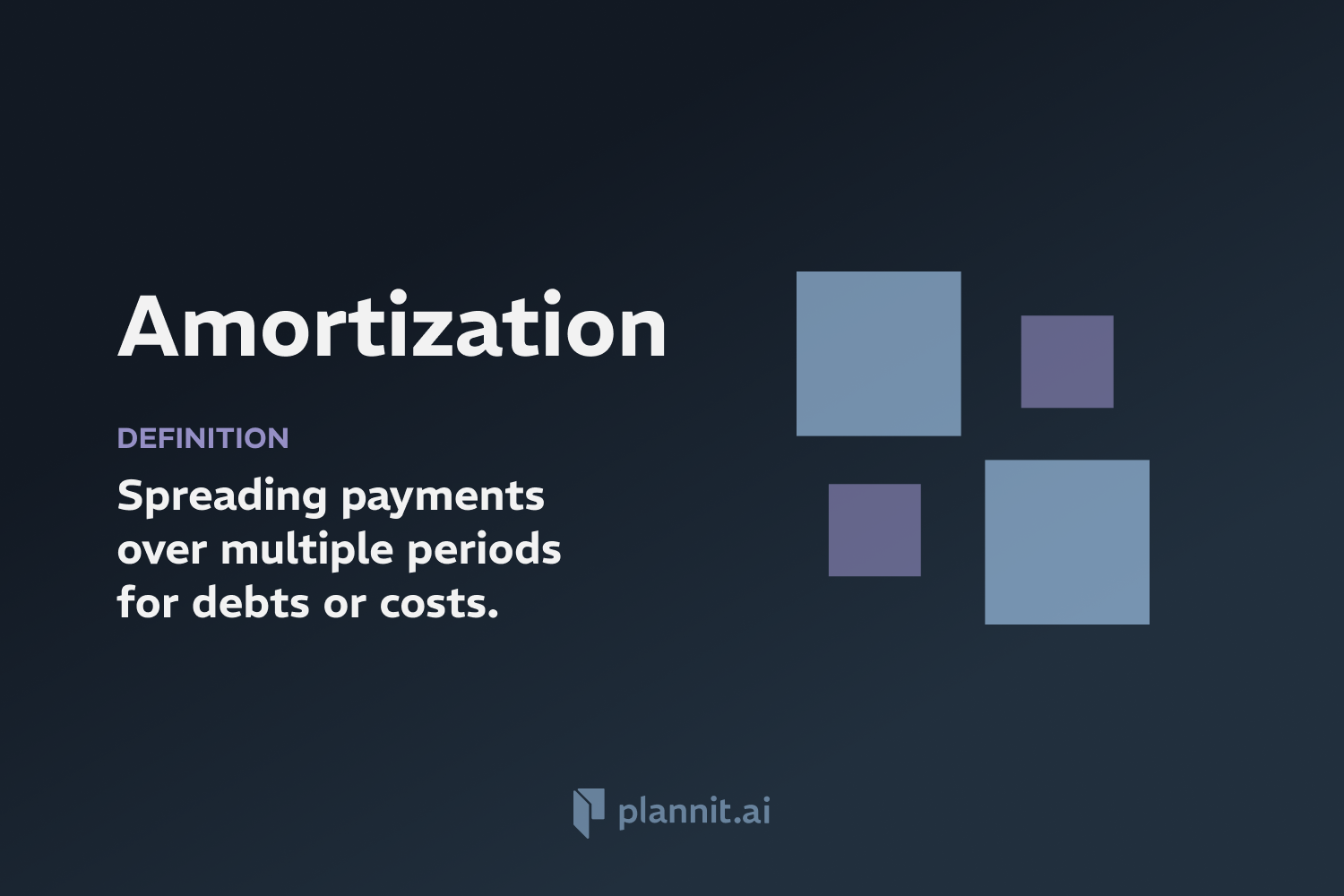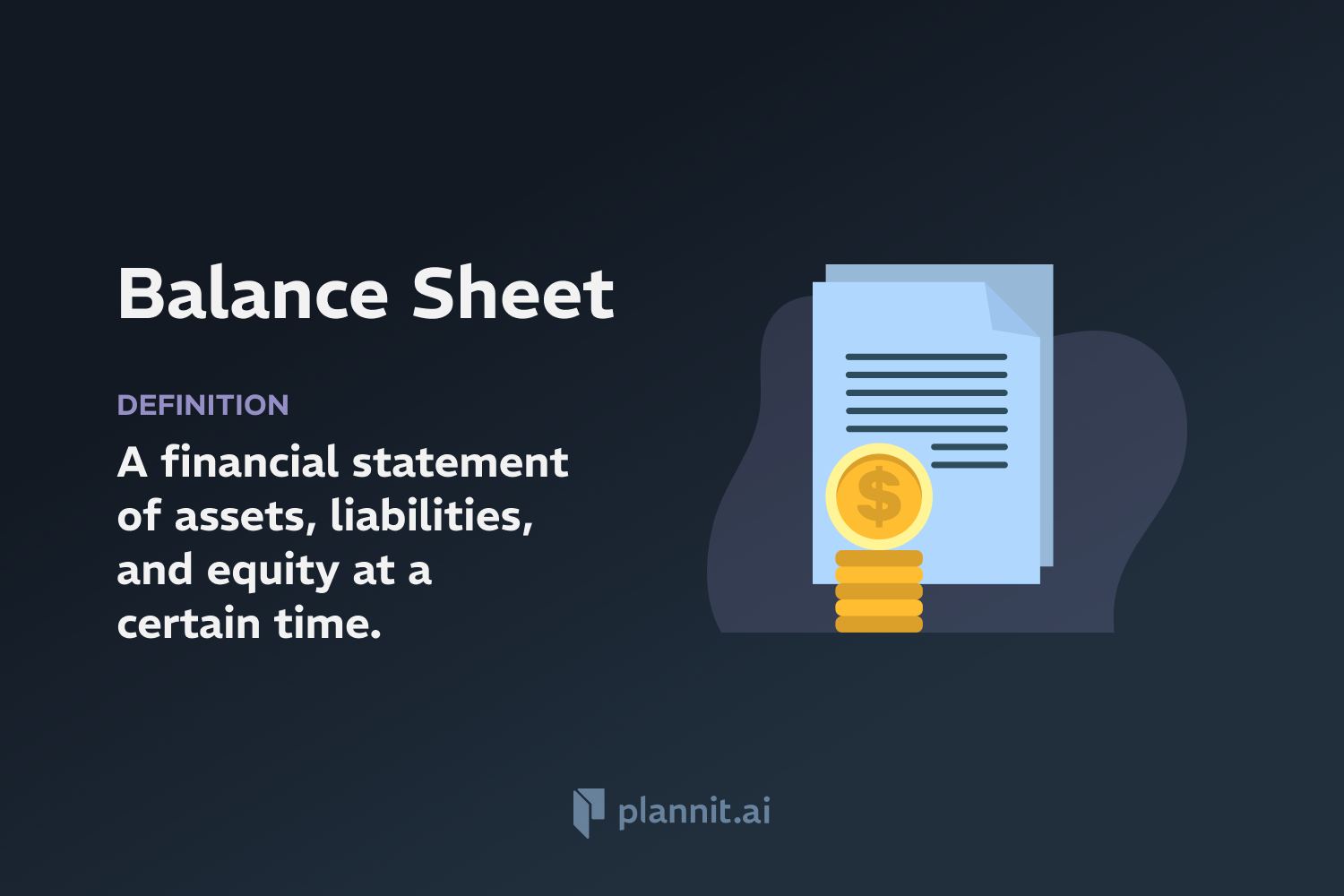Need Help With Your Business Plan?
Answer tailored questions and get a detailed business plan in minutes.
Incubator: Definition & In-Depth Explanation
Definition:
Incubator refers to an organization or program designed to help new and startup businesses succeed. Incubators assist these companies by providing them with support services and resources, which typically include office space, management training, mentorship, access to capital, and networking opportunities.
Context of Use:
Incubators are commonly found in industries that benefit from collaborative environments, such as technology, biotechnology, and green tech. They are also prevalent in academic settings, where they extend learning and innovation beyond the classroom.
Purpose:
The primary purpose of an incubator is to reduce the risk of failure for startup companies by providing them with the necessary tools, resources, and support to grow and become financially viable. Incubators aim to foster a synergy among resident companies and increase their chances of success.
Example:
Tech Startups: An incubator might offer a tech startup specialized resources such as software development tools, high-speed internet access, and networking opportunities with potential investors and partners.
Biotech Firms: For startups in the biotech field, an incubator may provide lab space, scientific equipment, and access to regulatory compliance expertise.
Related Terms:
Accelerator: A program that typically has a set timeframe in which individual companies spend anywhere from a few weeks to a few months working with mentors to build out their business and avoid problems along the way.
Seed Funding: The initial capital used to start a business, often provided by incubators in exchange for equity.
Venture Capital: Financing that investors provide to small businesses and startups with perceived long-term growth potential.
FAQs:
1. How do incubators differ from accelerators?
A: Incubators often focus on nurturing a business for a longer duration without a set timeframe, providing a workspace and ongoing support, whereas accelerators are more structured programs with a specific duration aimed at rapid growth.
2. What are the typical requirements to join an incubator?
A: Requirements can vary widely but generally include having a viable business idea, a scalable business model, and a dedicated team.
3. Can any business join an incubator?
A: While many incubators are open to all types of businesses, some are industry-specific and require businesses to be involved in certain sectors like technology, healthcare, or social entrepreneurship.
4. What benefits do startups typically gain from incubators?
A: Startups often gain valuable resources such as mentorship, networking opportunities, initial funding, and a structured path to business development and growth.
5. Are there costs associated with joining an incubator?
A: Some incubators may charge fees or take equity in the company in exchange for their services, while others might be funded by universities, government entities, or private sponsors and offer free services.
Get funding with a business plan that will impress investors.
Starting a New Business?



